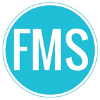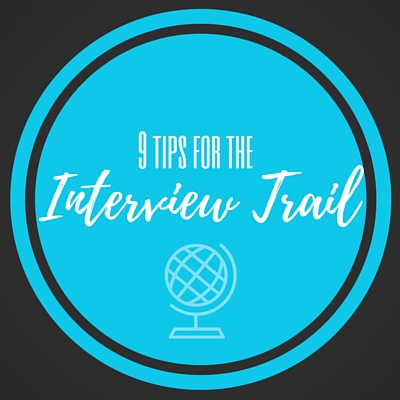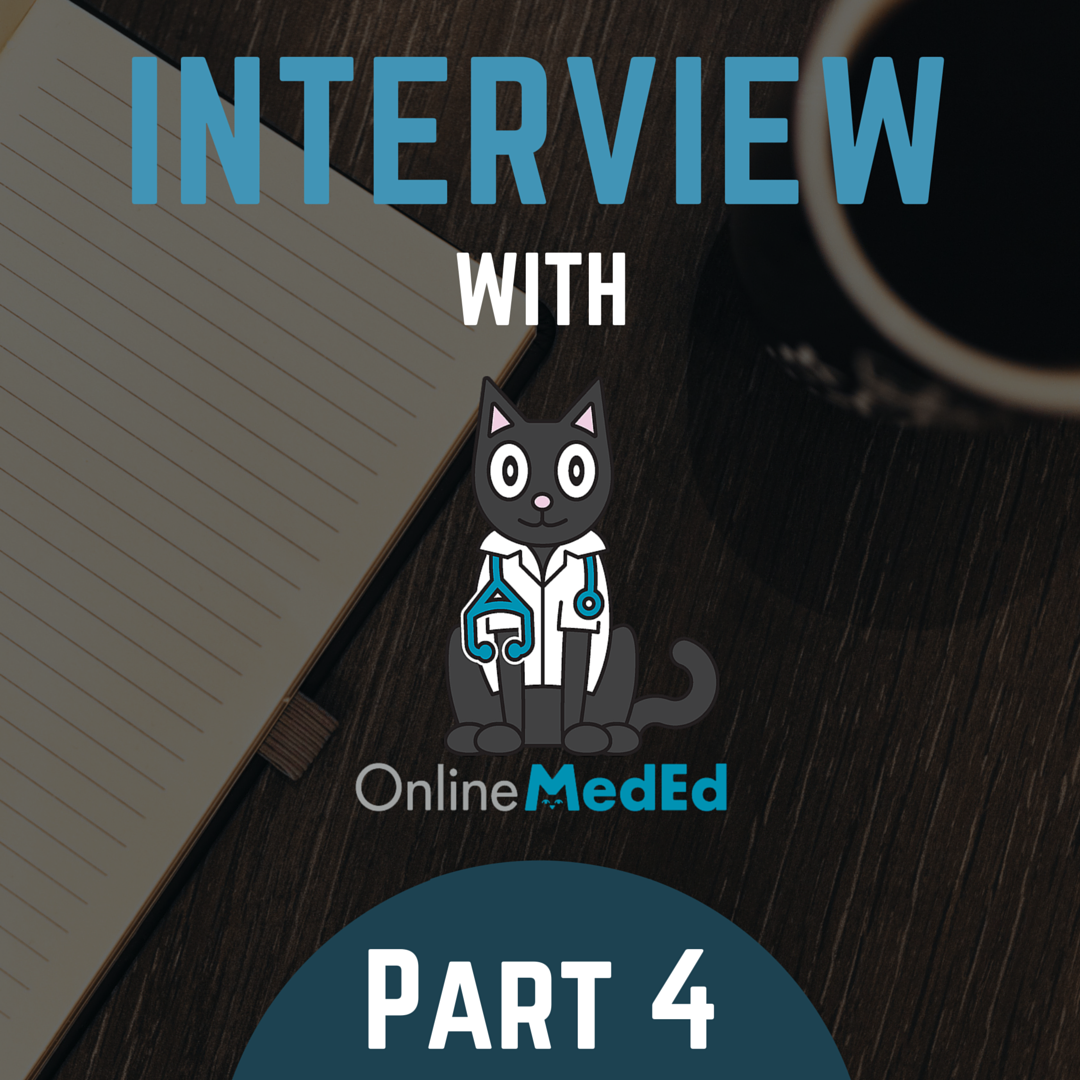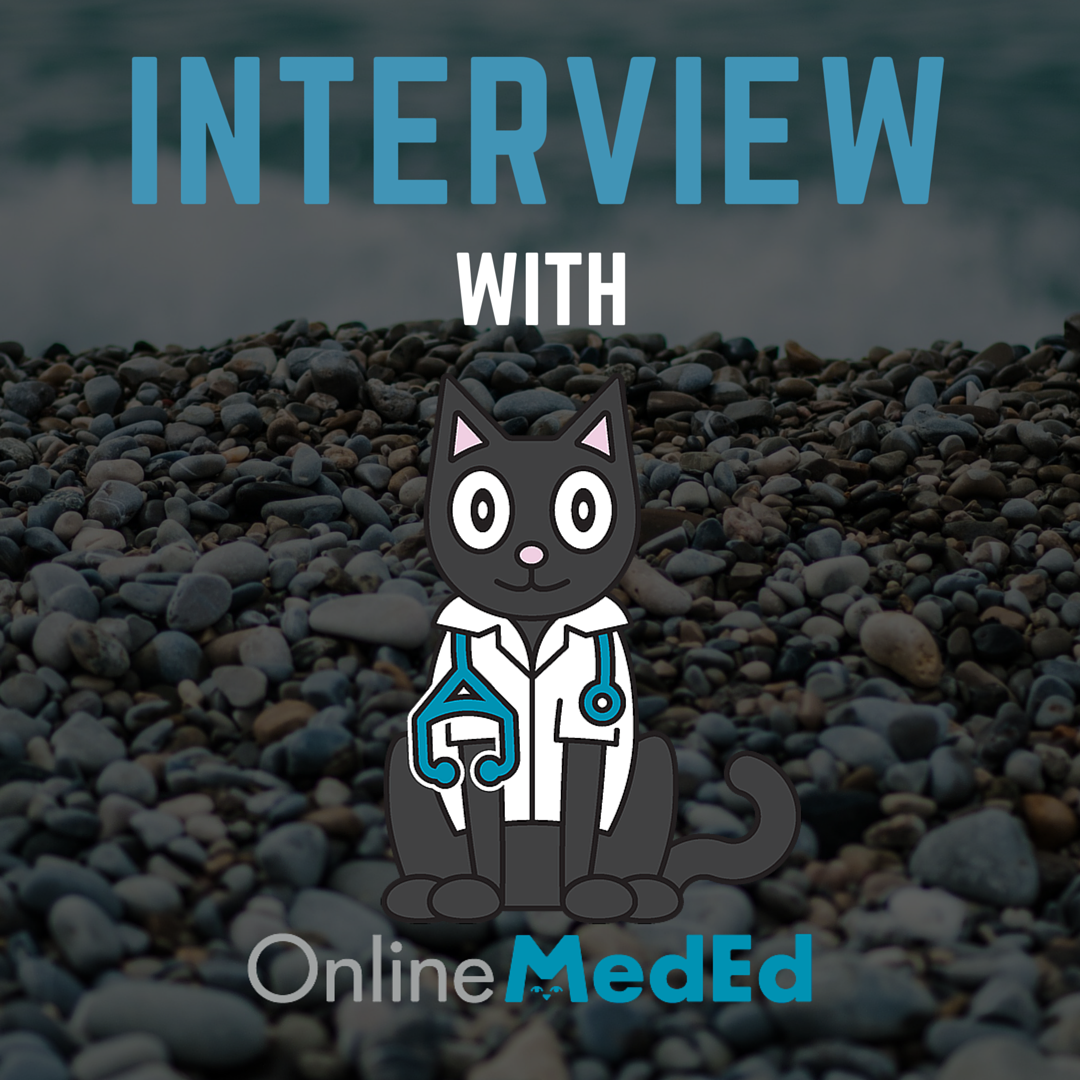9 Tips For the Interview Trail
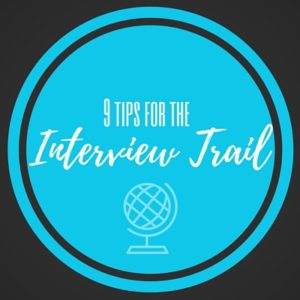 Since I’ve already written about interview tips I’ve gotten from residents, I’m sharing some of my own tips today!
Since I’ve already written about interview tips I’ve gotten from residents, I’m sharing some of my own tips today!
For the most part, Family Medicine interviews (or at least, the 15 I went on) tend to be more laidback–I definitely got the impression that my interviewers just wanted to get to know more about me as a person, which made for a lot of fun and interesting conversations along the interview trail!
Be yourself.
I’m sure this is wildly cliched, but it’s extremely important. You want the program to like you for you, not who you think they’d want. There is no one else who knows you better than yourself, and no one else you’re better at being. If you’ve been selected for an interview, it most likely means that your academics are fine. Almost all the interviews I went on were very friendly, welcoming and laidback–my interviewers seemed genuinely interested in getting to know me.
Do your research beforehand!
When you’re moving all over the country whilst juggling your clinical rotations, paperwork, scheduling, completing graduation requirements, and going on interviews, things may [understandably] start to run together in your mind. I made it a habit to scour the program’s website again in the couple days before the interview so that I could refresh my memory.
Ask [thoughtful] questions.
This goes hand in hand with doing your research beforehand. The question I got asked most often on every interview I went on was…“What questions do you have for me?” So do your homework and come up with questions you have about the program, and feel free to ask the same questions to different people to get different perspectives! The interview is as much a chance for them to get to know you as it is a chance for you to get to know more about their program!
Take notes.
As much as you’d like each interview to stay distinctly clear in your mind, the little details may start to run together by the time you near the end of the interview trail, so take notes during/after your interview! You want to go with your gut when you’re making your Rank Order List, but if you’re stuck between a couple different programs, having these to look back on will be immensely helpful.
Know your application frighteningly well.
Be able to talk about and/or expand on anything in your application. From what I observed, my interviewers typically had a packet containing my ERAS application and curriculum vitae, personal statement, photo, MSPE (dean’s letter), and my recommendation letters. There’d often be certain parts in the packet that they’d ask me to expand on or explain–we talked about everything from the months I spent living at a cat rescue (see tip #1) to what I did my research on in graduate school.
Be polite to everyone.
This should really be common sense, but I’m including it anyway! Please be nice. Exercise common sense. Don’t ever act like you’re too good for a program, even if you’ve already decided that it’s not a place where you’d want to be. If anything, it’s still good interview experience, and it never hurts to be courteous.
Keep an open mind.
Sometimes, a program that looks great on paper that you think you’ll really love will make you realize that although it has a lot to offer, it isn’t the right program for you. In contrast, you may also come across programs that you didn’t expect to like at all that could end up as your top choices.
Attend the resident socials/dinners.
These were a lot of fun, and really give you a chance to get to know the people you’ll be spending the most time with over the next three years. This is your chance to get to know the residents outside of the interview setting, so take this time to ask questions and get to know the residents, and see if they’re people that you would fit in with, and/or enjoy spending time with!
Keep a budget in mind and schedule your interviews wisely.
While I wouldn’t recommend what I did (4 interviews in 3 days across North Carolina, New Jersey and California), it did help to save a lot of money by not having to fly across the country multiple times. I used most of my vacation time to schedule interviews, and also tried to interview at programs while I was completing my audition rotation there.
Stay tuned for more advice from FMR program directors!

